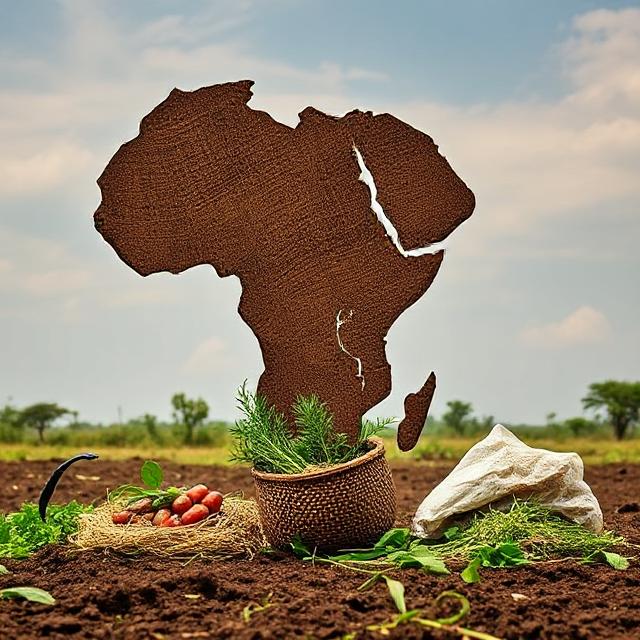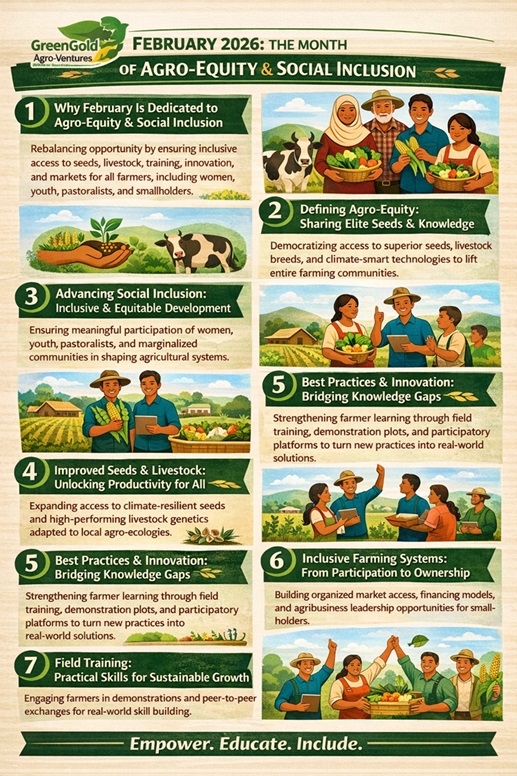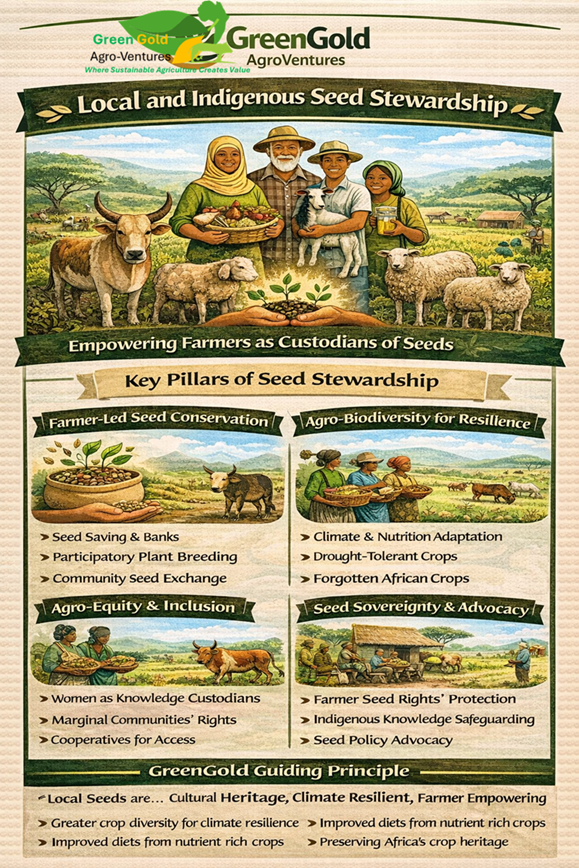Food Security in Africa: The Imperative of Domestic Agricultural Production

"Without Domestic Production, There Is No Food Security in Africa"
Africa imports over $50 billion worth of food annually (AfDB, 2021). This exposes countries to global price shocks (FAO, 2022), currency depreciation which increases import costs (World Bank, 2021), supply chain disruptions due to pandemics or geopolitical tensions (IFPRI, 2020). Dependence on food importation is very risky.
Food security anchors on food sovereignty and increased domestic production, ensuring nutrition-aligned priorities based on local needs (FAO, 2021), protection of local, indigenous and non-conventional livestock, crops and their seed systems (Biovision & IPES-Food, 2020), and support for smallholder farmers, who produce 70–80% of Africa’s food (FAO, 2021).
Strengthening domestic production will ensure decent job creation for over 60% of Africa’s youth population (Mastercard Foundation, 2022), who depend on agriculture for income and employment (ILO, 2021), boost the rural economy through agro-industrialization and SME growth (UNECA, 2020), and stop the rural exodus and criminality in the cities.
Scaling local production will enable agroecological and climate-smart agriculture practices (FAO, 2020), sustainable intensification with regenerative methods (UNEP, 2021) and improved soil health, water management, and biodiversity (CGIAR, 2023), all contributing to better lives on a better planet.
Domestic production also entails support to structured country and intra-African markets (World Bank, 2020) and is promoted by the AfCFTA (AU & UNCTAD, 2021), and the development of a stronger regional food reserves and policy coordination (CAADP, 2020)
Food security cannot be outsourced. Only domestic agricultural agendas and production are the foundation of food sovereignty, economic resilience, nutrition, and health outcomes, and require strategic investment in smallholders, climate-smart practices, rural infrastructure, and inclusive markets is non-negotiable.
Related Posts

FEBRUARY 2026: The Month of Agro-Equity & Social Inclusion at GreenGold AgroVentures
Why February is dedicated to agro-equity & social inclusionFebruary 2026 marks a defining moment...
Read More →
Local and Indigenous Seed Stewardship: Empowering Farmers as Custodians of Our Food Future
At GreenGold AgroVentures, we believe that the future of African agriculture is deeply rooted in its...
Read More →